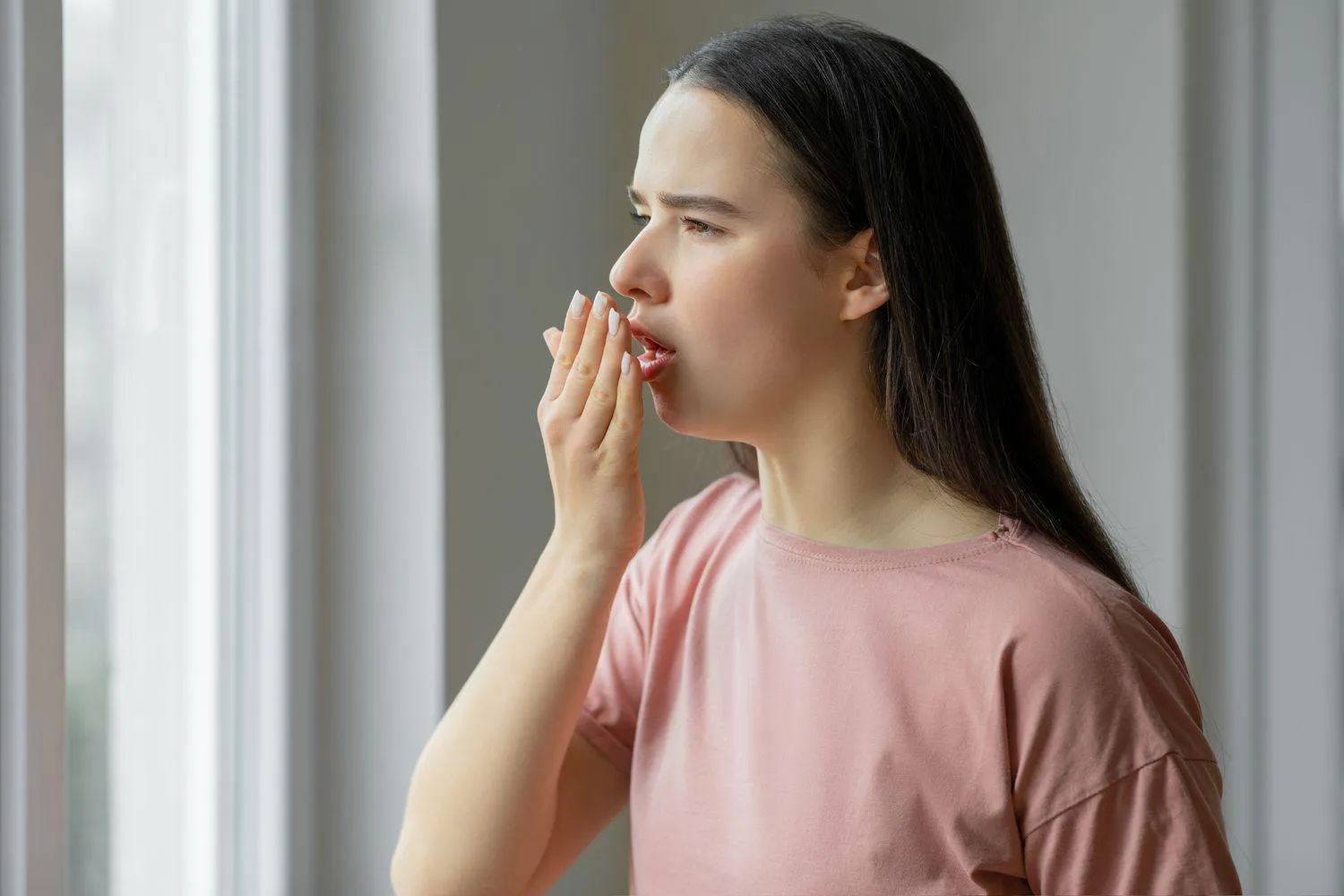How to Stop Bad Burps After Taking Medicines?
Reviewed and Fact Checked

Having to endure unpleasant burps after taking medication can be frustrating and unpleasant. These burps tend to have a bad taste or smell that lingers, which makes it less than a joy to take medication. Fortunately, there are some very effective ways you can use to reduce or even eliminate this problem.
Understanding the Causes
In order to efficiently eliminate bad burps, first learn what actually causes them:
- Medication Ingredients: Some drugs include ingredients that could create odorous burps. For example, those containing sulfur or other strong chemicals might give off strong smells when broken down by the body.
- Gastrointestinal Effects: Some tablets irritate stomach lining or get in the way of the body’s natural equilibrium of gut flora, causing additional gas to be generated and result in burping.
- Swallowing Air: Swallowing pills in a hurry without enough water can lead to swallowing air, and this air can lead to burping.
Immediate Remedies
One great trick to getting rid of bad-tasting burps is to chew a clove right after taking your medicine. Cloves have natural properties that can neutralize foul odors and tastes in the digestive system. Listed below are some more immediate remedies you can try:
- Ginger Tea: Consuming ginger tea following your medication intake can calm your stomach and slow down gas formation.
- Peppermint: Chewing peppermint leaves or drinking peppermint tea can soothe the digestive system and reduce burping.
- Fennel Seeds: Chewing fennel seeds while eating is believed to aid digestion and suppress gas.
Dietary Changes
Changing your diet can go a long way in reducing the frequency and intensity of nasty burps:
- Skip Trigger Foods: Avoid carbonated drinks, milk products (if lactose intolerant), and fiber-rich foods such as beans, broccoli, and cabbage known to cause gas.
- Take Smaller Meals: Eating smaller meals can avoid overwhelming your digestive system and minimize chances of burping.
- Limit Hard Candies and Gum: Both tend to stimulate saliva production and contribute to swallowing air.
Behavioral Changes
Making changes to eating can also reduce unpleasant burps:
- Eat More Slowly: Eating and drinking slowly decreases air swallowing.
- Don’t Talk During Meals: This keeps excessive air from being swallowed.
- Stay Up Straight After Meals: Remaining upright after meals for a minimum of 30 minutes helps food pass through your digestive system more easily.
Lifestyle Changes
A few lifestyle modifications might also render the issue less troublesome:
- Regular Exercise: A slow walk following meals helps ease digestion and release trapped gas.
- Manage Stress: Excessive stress may worsen digestive problems. Methods like slow breathing, meditation, or yoga can be useful.
- Stop Smoking: Smoking allows dangerous chemicals to enter your body and causes swallowing air.
When to Consult a Doctor
Even occasional bad burps are not going to be a problem, but frequent burping can be a sign of some underlying conditions like gastroesophageal reflux disease (GERD) or other gastrointestinal illness.
If you have frequent burps and you feel heartburn, stomach discomfort, or nausea, it would be best for you to see a healthcare professional for further investigation and possible treatment.
Conclusion
Nasty-tasting burps following the administration of medicine can be successfully managed using a combination of instant treatments, dietary adjustments, behavioral modifications, and lifestyle modifications.
By following these measures, you may enhance your ease with taking medicines and minimize nasty burping attacks.
Taking proactive action towards your gastrointestinal well-being will enable you to take matters into your hands and enjoy a smoother experience with your medicines.
